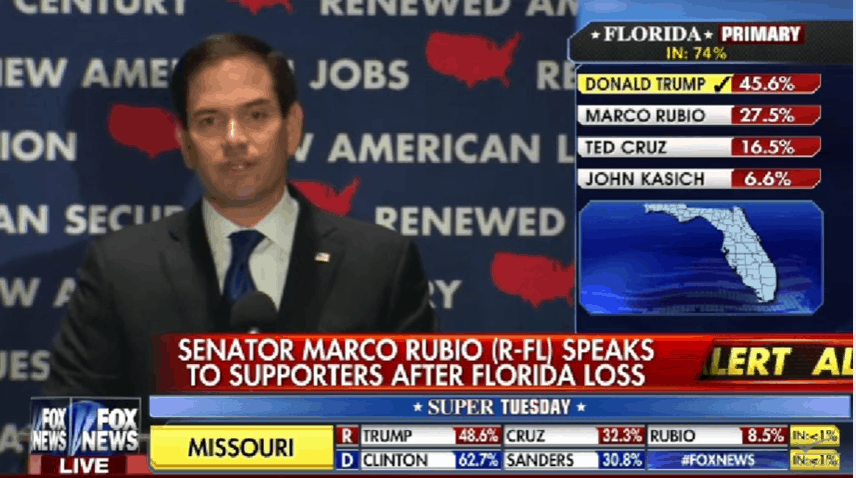
Religion and Politics
I'm generally not enthusiastic about politicians invoking their religion as either a sword or a shield in election battles. Most of the time it's unseemly, and, considering what one generally has to do to make the national stage as a politician, it's largely a façade.
In the 2004 Democratic primary, former New Hampshire Gov. Howard Dean planned to make a point of his religion in an effort to win southern states. On Christmas Day 2003, Dean posted a holiday message to his campaign blog that contained neither the words "Christ," "Jesus," nor "Christmas." Now, this isn't definitive, but it should tell you something about the candidate's religiosity.
Similarly, Donald Trump claims to be a Christian (The Best. Jesus, good guy. Great teacher.), but by his own words and even the most basic knowledge of Christian doctrine, it's clear the man is a charlatan. (Why far too many evangelicals apparently can't see this, according to the polls, leads me to believe some more time needs to be spent educating people from the pulpit.)

Marco Rubio, on the other hand, strikes me as a sincere and thoughtful Christian. (For the record, he was one of several GOP candidates that I could've happily supported in November.) At the end of his concession speech two weeks ago where he suspended his campaign, Rubio closed on an extended quote from the Bible. (Complete transcript available here.)
This struck me as sincere, but one of my former colleagues at The Daily World many moons ago who is now at Time magazine, disagreed. That's fair enough, but what he really demonstrated was that he, like far too many in the media have only a cursory knowledge of Christian doctrine.
Beckwith then referenced Matthew 6:5.
If you've read the transcript link above or watched the speech, it's clear that Rubio wasn't praying, he was preaching.
This prompted the following exchange.
Now, there's certainly scriptural admonitions against pride and flaunting one's religiosity, but Rubio's speech certainly didn't strike me that way. I don't know of a major Christian denomination that only preaches to the "devout" and you've got to be devout before you read a Bible to decide for yourself. (See the "Great Commission.")
If that sounds confused, that's because it is. For far too many journalists their knowledge of Christianity—even in the best case scenario—is a few yards wide and a fraction of an inch deep.
If you don't like Rubio or any other politician talking about their religion, fine. Say that. But don't go hunting for a verse you heard something about sometime and toss it out like you're a seminarian.
I like Ryan Beckwith. From what I've seen of his work, I think he does a much better job than most about keeping his personal biases out of his coverage. But when it comes to religion, he's like far too many of his colleagues, under-educated.
Religion and politics shouldn't often mix, but we shouldn't slam sincere expressions of faith by politicians, like that of Marco Rubio.
Tags









